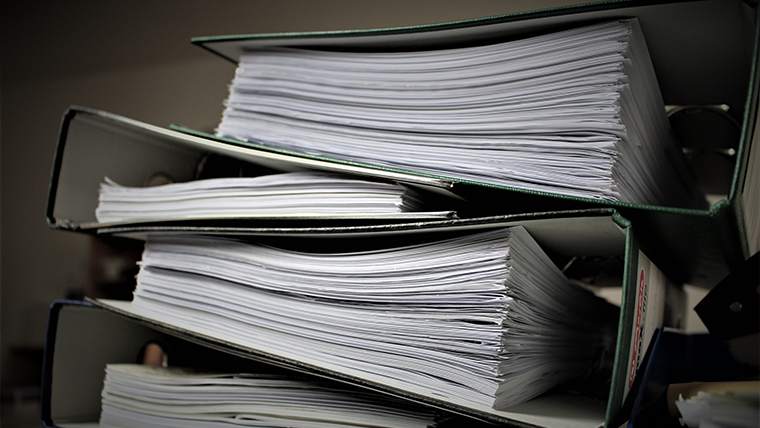
| 

Recruiters have moved on from simply looking at CVs, screening application forms and asking tricky questions at interview. 21st century recruiters and interviewers have a whole host of tools at their disposal to screen candidates applying for jobs. Generally, jobs which have a higher degree of responsibility, or where the wrong candidate could cause serious financial damage have higher levels of checking. Employers might look at social media accounts, speak to previous employers, check with universities about degree qualifications or ask you to bring your passport to prove your identity. In the financial service industry, credit checks are common and basic identity checks extend to many other industries too. If that’s the case for your new job, the electoral roll takes on a lot more significance.
What is the Electoral Roll?
The electoral roll, also known as the electoral register, is an official list of everyone registered to vote in the UK. Local boards around the UK send out letters usually every year to each household, asking someone to complete the details of all people over the age of 16 living there. The information on the electoral roll is used to produce the little voting cards which drop through the door every time there’s an election. The electoral roll used to be a physical paper register, but it is now held digitally.
Why is it Important?
The electoral roll is one of the first things that any identity checking service will look for. Someone who is not on the electoral roll has less of a digital “footprint” and therefore won’t be able to apply for credit, loans or take out a mortgage. If you’re not on the Electoral Roll this will have an ongoing impact on your credit history and without utility bills and similar in your own name, proving your identity can be tricky. People who move around a lot, such as students, are less likely to be on the electoral roll.
Getting on the Electoral Roll
If you’re not on the electoral roll, and are eligible to vote in the UK, then the good news is that registration is very straightforward. Search online for “register to vote” and follow the link on the official government website. Once you’ve registered, you don’t need to go back and re-register for each subsequent election. As the electoral roll is a public document, once you’re listed on the roll, you’ll appear on the databases which the credit reference agencies and identity checking services use.
Credit Checks and Pre-Employment Screening
Not all employers run credit checks on their prospective workers. It is however standard for people working in banks, insurance companies and in other organisations where workers have access to money or could be influenced to commit fraud. Employers aren’t expecting a candidate to have no debt whatsoever, it’s more about weeding out people who have such serious financial problems that they may be tempted to commit fraud. Many employers repeat the check every year or two years, to make sure that someone’s financial circumstances haven’t changed.


